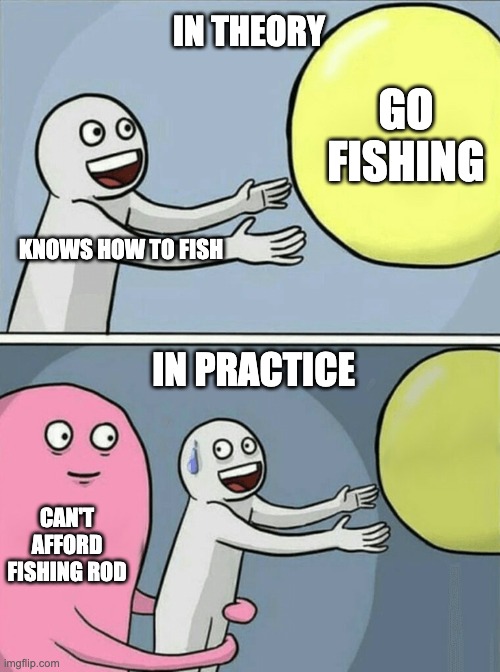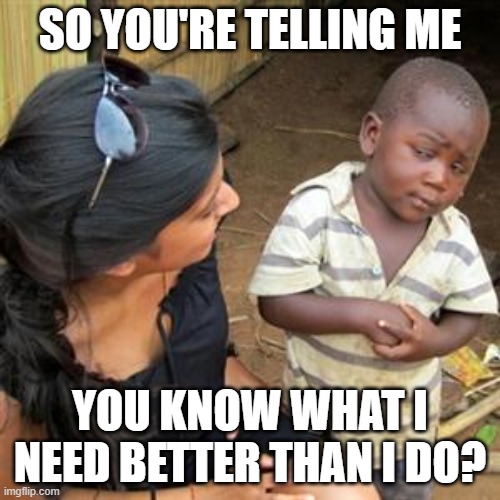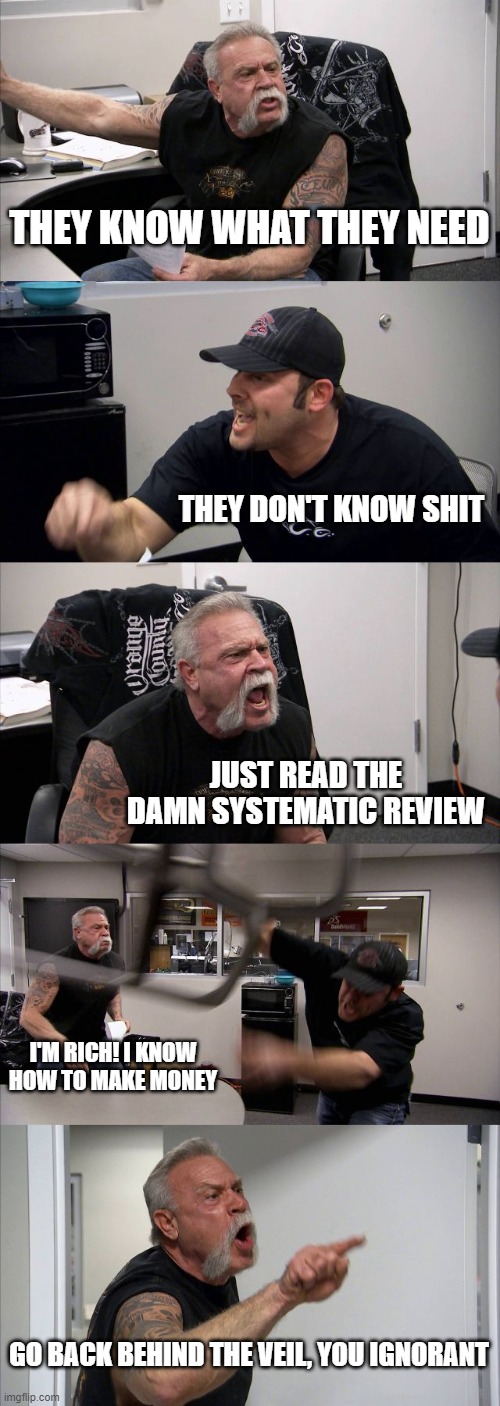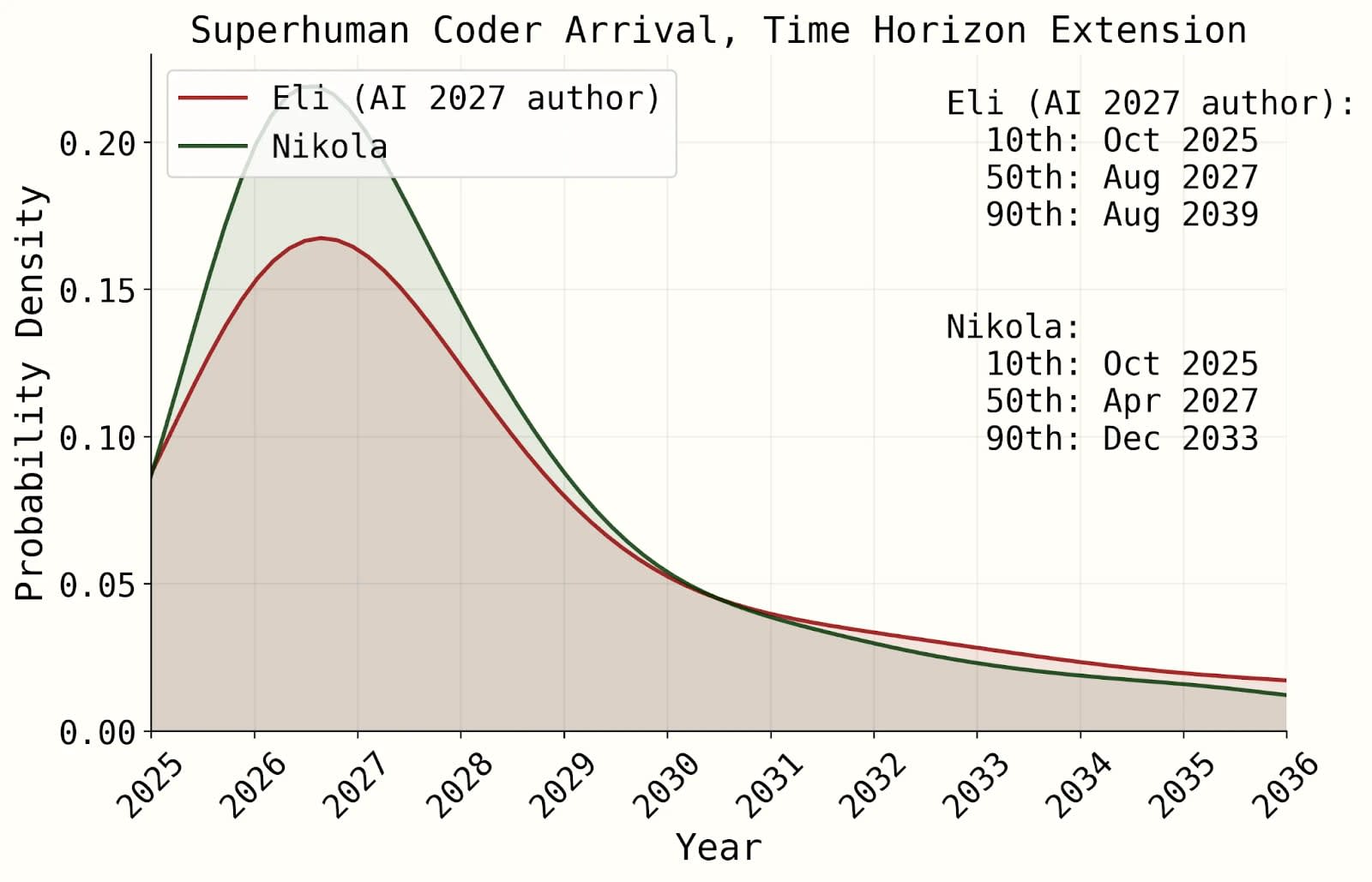| Update March 13th: vote for the finalists here We need your creative ideas to solve a problem: how to convince the world of the wisdom of giving directly. Will you submit to our proverb contest? |
Hi, we need your creative ideas to solve a problem: how to convince the world of the wisdom of giving directly. Will you submit to our proverb contest?
We’ve tried to disabuse folks of this paternalistic idea by showing that often people in poverty know how to fish but cannot afford the boat. Or they don’t want to fish; they want to sell cassava. Also, we’re not giving fish; we’re giving money, and years after getting it, people were better able to feed themselves. Oh, and even if you do teach them skills, it can. be less effective than giving cash. Phew!
Yet, despite our efforts, the myth remains.
The one thing we haven’t tried: fighting proverb with (better) proverb. That’s where you come in. We’re crowdsourcing ideas that capture the dignity and logic of giving directly. The best suggestions are not a slogan, but a saying — simple, concrete, evocative (e.g.). Submit your ideas by next Friday, March 3, and then we'll post the top 3 ideas on Twitter for people to vote on the winner.
The author of the winning adage will win a video call with a GiveDirectly staff member to learn more about our work one-on-one. Not feeling creative? Share with your friends who are. |







Whoever lacks a dollar knows best how to use the next one.